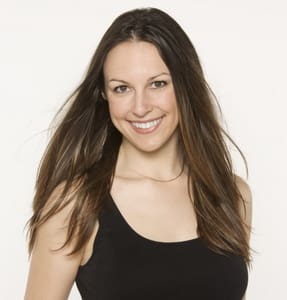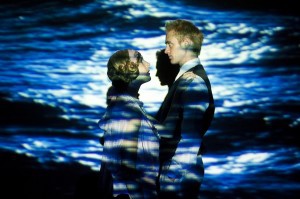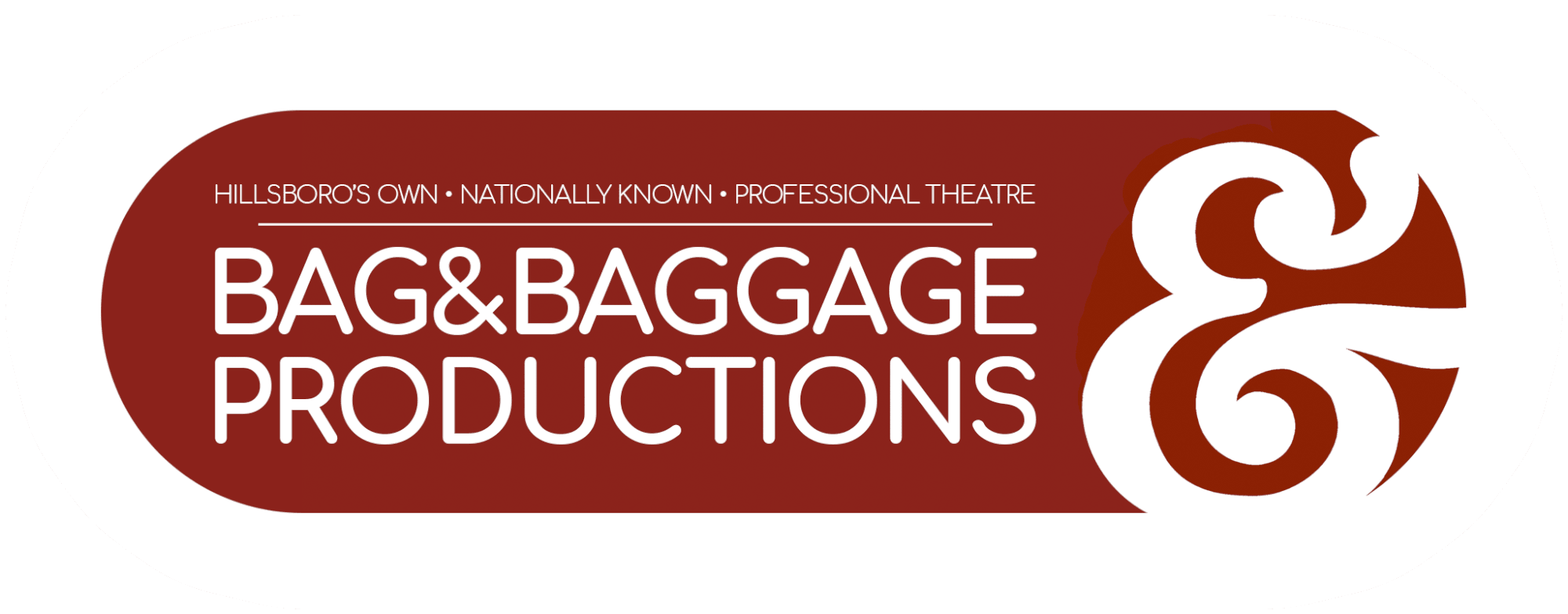- Skip to primary navigation
- Skip to secondary navigation
- Skip to main content
- Skip to primary sidebar
A Voice Full Of Money – Cassie Greer on Playing Daisy.
 I got my copy of Simon Levy’s “Gatsby” adaptation from Bag&Baggage sometime back in May, cracked it open, and was quickly filled with thrill and terror. The prospect of inhabiting the lives of these complex, iconic literary characters on stage is at once humbling, exciting, and just plain scary.
I got my copy of Simon Levy’s “Gatsby” adaptation from Bag&Baggage sometime back in May, cracked it open, and was quickly filled with thrill and terror. The prospect of inhabiting the lives of these complex, iconic literary characters on stage is at once humbling, exciting, and just plain scary.
How can I possibly mine all of the complexities of this character’s life in a five-week rehearsal period?
Who am I to assume that I have something to say and something to add to the interpretation of this character?
Do I really have it in myself to be this vulnerable and this honest and this emotionally connected?
…and, underlying all of this:
What if I f*** it up?
I realize that these are not exactly the most useful questions, but they are spoken in voices that, for one reason or another, are difficult to silence.
So I read the script again. And again. And again. I reread the book. I reread the book again, this time highlighting all the parts that talk about Daisy. I went back to the script. I read a biography of Zelda Fitzgerald (who F. Scott is said to have more-than-just-loosely based the character of Daisy on). I read letters between Scott and Zelda, trying to get a handle on how these people talk to each other, how they express themselves. I dug into Fitzgerald’s language – the words he uses, the metaphors he employs, the rhythm of his writing, the things that are left unsaid.
In short, I thought about words A LOT.
And then, in rehearsal on Tuesday night, Scott said something that caused a small seismic shift in my world; something that I kind of already knew, but had barely even begun to grasp:
“It isn’t about the words. It can’t be about the words.”
…
 This is, believe it or not, the most useful thing Scott could possibly have said. As an actor, I’ve found myself running into walls and blocks all over the place in the last week or so. I’m still having some difficulty looking in the face of those panicky voices and simply letting myself engage and be in this story. And I think it’s really true (especially after having a day to process this) that Fitzgerald’s words, no matter how lovely they are, are not the things that are going to get me where I ultimately need to go. At least not all by themselves. And definitely not by thinking about them literally.
This is, believe it or not, the most useful thing Scott could possibly have said. As an actor, I’ve found myself running into walls and blocks all over the place in the last week or so. I’m still having some difficulty looking in the face of those panicky voices and simply letting myself engage and be in this story. And I think it’s really true (especially after having a day to process this) that Fitzgerald’s words, no matter how lovely they are, are not the things that are going to get me where I ultimately need to go. At least not all by themselves. And definitely not by thinking about them literally.
Let’s return to my first reading of the script back in May. Because in addition to those initial feelings of thrill/terror, something else interesting happened: I read the character descriptions on page 5. Do you know how Daisy is described? Want to take a wild guess?
“DAISY BUCHANAN — Southern, with a voice that sounds like money”1
Cue another onslaught of questions:
What does money sound like?
How do I make my voice sound like whatever it is that money sounds like?
How is this the *only* description Levy chooses to give?
…and perhaps less eloquently:
Well what the hell am I supposed to do with that?
What I realize now, and probably should have realized then, is that this is a huge clue from Levy as to how the text of his adaptation should be treated. He uses a rather obscure sensory metaphor to define an entire character; his play can be taken in the same way. If we’re focused so much on the words that we gloss over the wealth of images and senses and feelings flowing beneath them, then we’re missing the point. If I’m trying to mine the depths of Daisy by digging into her language in a technical, intellectual way without allowing myself to have a full, multi-sensory experience of each turn of phrase and the memories, ideas, and emotions lurking deep beneath the surface, I’ll get nowhere. You can’t answer questions like “How do I make my voice sound like whatever it is that money sounds like?” without going far beyond the literal words themselves.
Add to this the fact that most of the people in the world of “Gatsby” spend their time exchanging dialogue that is absolutely meaningless (on the surface). None of it matters. Why bother talking?
Because it isn’t about the words. And profoundly so.
I’ll leave you with this thought: I bet you know this story. I bet you’ve read the book or seen one of the several film adaptations that have been done. I bet you can even recognize Fitzgerald-ian or “Gatsby”-like words and phrases, old sport. And I bet that reading this blog post, you probably are getting some idea of the images and senses and feelings that I’m talking about. But I’m also willing to bet that many of the sensory realities we’re discovering in rehearsal each night are not the ones that you’re thinking of right now; they aren’t the ones that you’ve seen, discussed, or even vaguely considered before. I think this is exciting. I think this is the power of theatrical storytelling – that we are able to take a text that’s well known, turn it inside out as we explore it in rehearsal, and find new truths and realities that come alive in our performance. This is something fresh and dynamic, and filled with the authenticity of each of our personal and joint explorations as actors and director. Come see it and explore with us, won’t you?
Cassie Greer
Resident Acting Company Member
Daisy in The Great Gatsby
1 Oh, and don’t expect Daisy to sound Southern. She won’t. Sorry, Simon Levy – we thought a shared way of speaking among the “wealthy” characters was more important than distinct regional dialects. That, and “money” is just way more interesting to explore than “Louisville”…

Reader Interactions